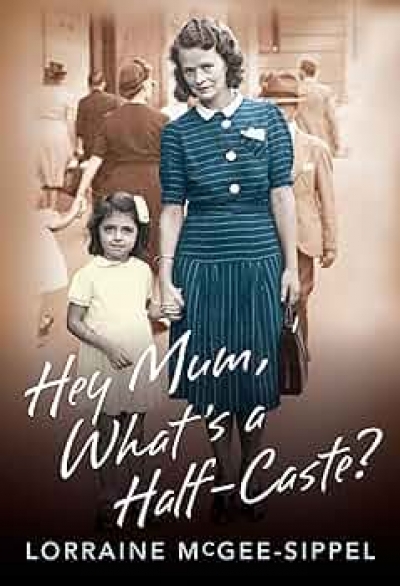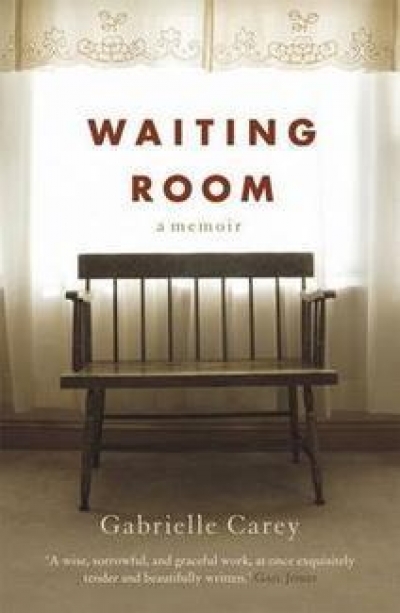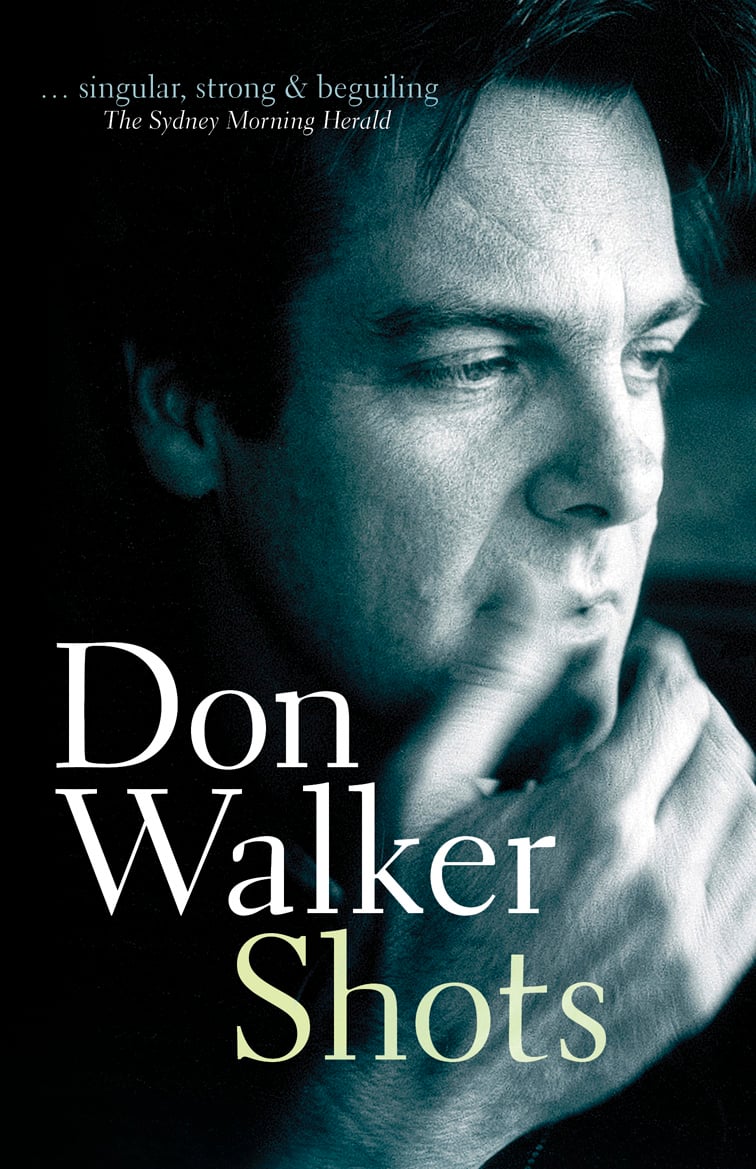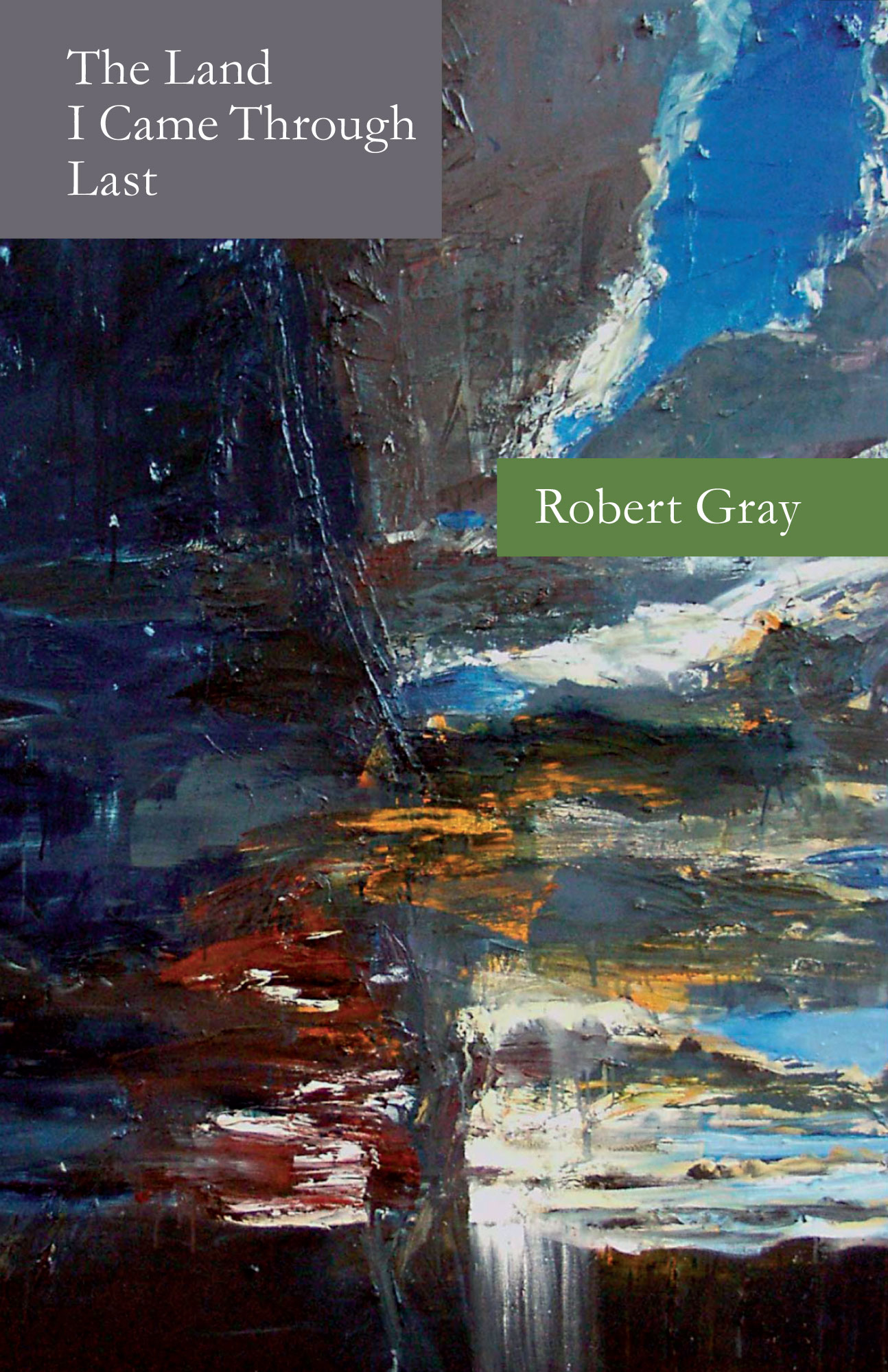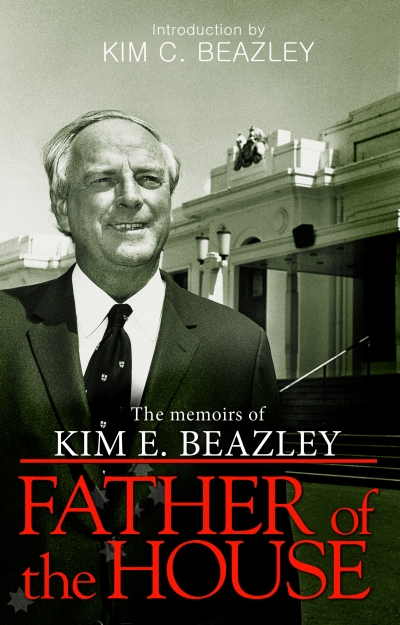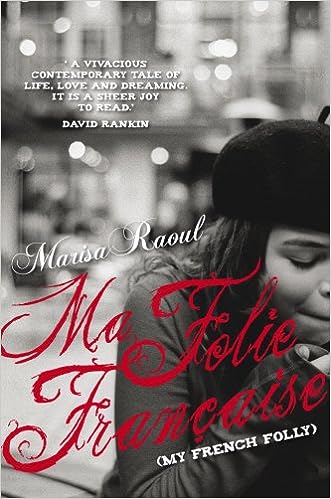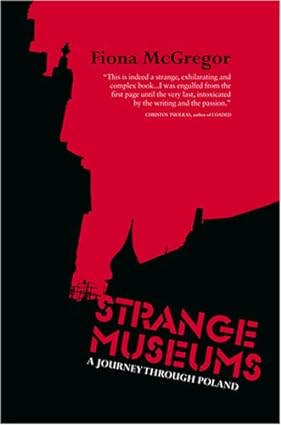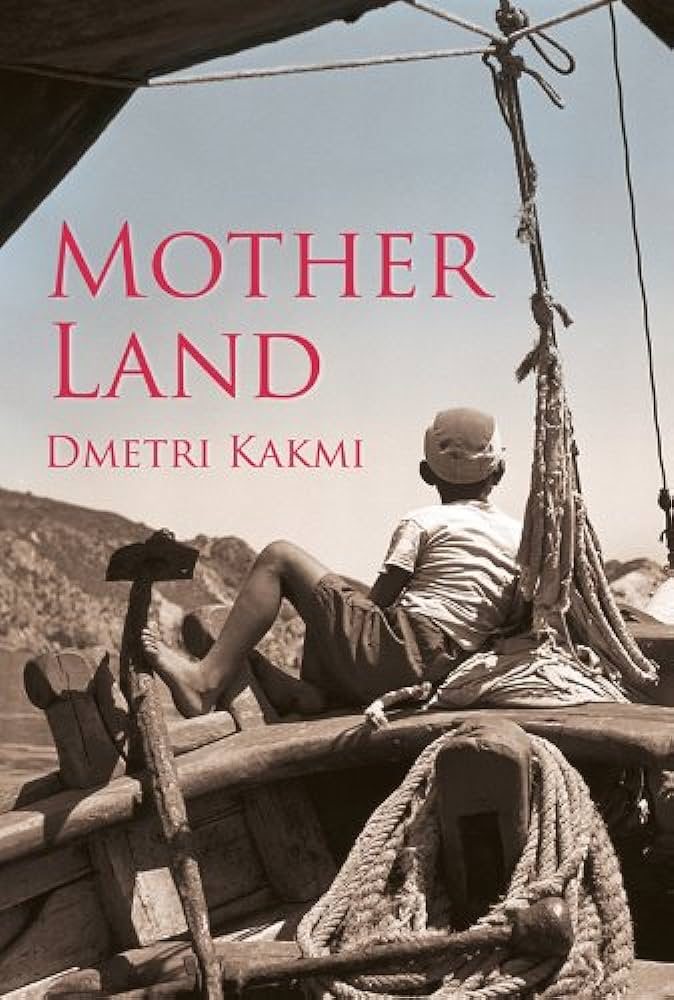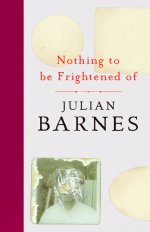Memoir
Innocent Abroad: An intimate account of American peace diplomacy in the Middle East by Martin Indyk
As Israel began its assault on Gaza last year, the Israeli defence minister, Ehud Barak, launched the offensive by declaring: ‘There is a time for calm and a time for fighting.’ His declaration alluded to Ecclesiastes, but overturned the order of the verse. Not so long ago, however, in an era that has since been largely misrepresented by its detractors, there was a time for peace; a time when, at a deal-signing ceremony between Israel and the Palestinians in Washington in 1993, the Israeli prime minister, Yitzhak Rabin, used the same phrase from Ecclesiastes but was able to leave it intact.
... (read more)The title of this memoir and the cover picture, showing a pretty girl with brown skin and hair and dark eyes walking along an urban street hand-in-hand with a neatly dressed white woman, captures the theme of uncertain identity. The story begins in mid-twentieth-century Australia, when, under the government’s assimilation policy, children of Aboriginal and Torres Strait Islander descent were still being removed from their families. Lorraine McGee-Sippel was not stolen from her family by the authorities, but was surrendered for adoption by her eighteen-year-old mother.
... (read more)For Gabrielle Carey, the sight of her mother’s bare feet, soles facing, was almost unbearable. Naked and defenceless, she had never seen them from that angle before. Other parts of a loved one’s anatomy could produce such a feeling – the nape of a beloved neck or an innocent elbow – but on this occasion it was the old feet projecting from the elderly and suddenly compromised body, strapped to a trolley, awaiting a CT scan. The daughter ‘didn’t quite know what to do’, which turns out to be a revealing remark. She wonders if she should stroke her arm or not, but before offering any such support she is asked to leave the cubicle.
... (read more)Shots, so the media release claims, is written in ‘mesmerising prose.’ Yeah, right! This is the life story of a rock musician they are talking about. I can recall attempting to read one such memoir, a well-meaning present from a friend who might have known better. It was by Ray Manzarek, of The Doors; it was called Light My Fire (1999) and it was completely and utterly awful. Manzarek’s organ may have on occasion swooped and swirled like a graceful albatross, but his prose is as scruffy and unsociable as a giant petrel. After twenty pages, I couldn’t care less whether it was Jim Morrison or Jack the Ripper buried in that Paris graveyard. Now, here I am faced with the journal of another borderline celebrity with too much time on his hands, a keyboardist from an ‘iconic’ rock band to boot. This book could not be anything other than a waste of everyone’s time.
... (read more)As a poet Robert Gray is a magical storyteller. His first poetry collection, Creekwater Journal (1974), marked out his key territory of interest: the small towns, rural communities, landscapes, and people of the New South Wales north coast. Although he has travelled widely and written about other cultures, cities, and characters, his poetry’s richness is still tethered to the textures, talk, and rhythms of his country town childhood. His word pictures immediately transport the reader to another place. The idea that ‘eucalypts are the blue of husky voices’ or the recognition of a long jetty and ‘a few gullmolested fishing boats’ are the images of a beguiling writer.
... (read more)Father Of The House: The memoirs of Kim E. Beazley by Kim E. Beazley
I will always remember the first time I heard Kim Beazley Sr speak. It was at Kingswood College at the University of Western Australia, a year or two before the election of the Whitlam government. He spoke on the question of Aboriginal land rights, culture and spirituality. It was a spellbinding address which put the sword to the prevailing doctrine of assimilation. It wasn’t just the content of the speech which captured the interest of the student audience but the passion with which it was delivered. Like many there, my own thinking on the subject changed forever.
... (read more)Marisa Raoul’s memoir recounts the ten years she spent living and working with her husband in France. With French travel memoirs lining bookshop shelves – such as Ellie Nielsen’s Buying a Piece of Paris (2007), Mark Greenside’s I’ll Never Be French (no matter what I do) and Lucy Knisley’s French Milk (both 2008) and, of course, Peter Mayle’s wildly popular A Year in Provence (1991) – Raoul is treading safe, and commercially viable, waters.
... (read more)Strange Museums: A Journey through Poland by Fiona McGregor
Strange Museums is a strange book, a kind of fugue whose first theme is introduced by the poem ‘Tortures’ by Polish poet Wislawa Szymborska. It is a lament of evasion, uncertainty, the reservoir of pain that is the body and the inability to escape. It is enlarged da capo with the author’s discovery of a plaque commemorating the day in 1942 when Jews were rounded up and shot in the town of Piatrk w Trybunalski.
It is the tale of a most unusual journey made through Poland by performance artist and writer Fiona McGregor from May to July 2006. With A A Wojak, her performance partner and former lover, the journey is focused around an international action art festival where the two women, as senVoodoo, perform their confronting work, Arterial. It involves fear and shock, with the pain and risk endured by the artists calculated to take them to the edge. Even in description, Arterial draws a gasp.
... (read more)Mother Land is a vibrant and charming yet sombre and brutal account of Dmetri Kakmi’s childhood on the Aegean island of Tenedos, now known by its Turkish name of Bozcaada. The book opens with the adult ‘Dimitri’, accompanied by his Turkish friend Sinan, standing on the mainland and surveying through binoculars places he has not seen for thirty years: ‘Three islets sit low on the water ... As a boy, I used to be captivated by their aloofness and solitude. When I’d had enough of people, I yearned to build a hut and live on one of them, alone, separate and untouched by a world that, even at that age, seemed capricious and delinquent beyond reckoning.’
... (read more)‘Let’s get this death thing straight’, declares Julian Barnes in his recently published memoir-cum-meditation Nothing to Be Frightened Of. He sets out to confront mortality, the titular ‘nothing’, but manages only to peer at it through parted fingers. He takes short peeks, which calls to mind the title of his death-haunted novel Staring at the Sun (1986).
... (read more)

